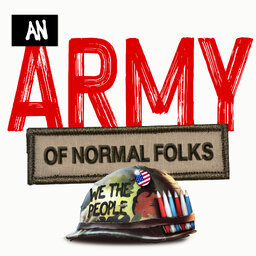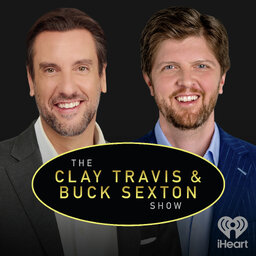Arshay Cooper: Inner-City Rowing (Pt 3)
Arshay grew up on the West Side of Chicago and his life was forever changed when he joined the first all-black high school rowing team in the nation (and became the captain). As an adult, Arshay found success as a chef before returning to his true passion by starting inner-city rowing teams. He’s the author of “A Most Beautiful Thing,” which was made into a critically-acclaimed documentary by Common, Dwayne Wade, and Grant Hill.
In 2 playlist(s)
An Army of Normal Folks
Our country’s problems will never be solved by a bunch of fancy people in nice suits talking big wor…Social links
Follow podcast
Recent clips
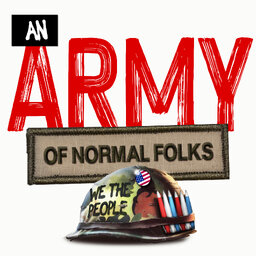
How America Lost “We” — And How You Can Help Rebuild It Today
16:17
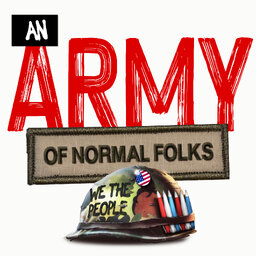
What If We Stopped Treating People Like Mascots? (Pt 1)
39:18
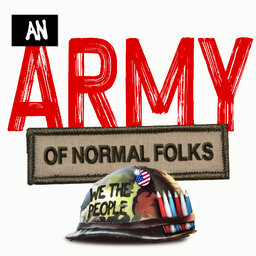
What If We Stopped Treating People Like Mascots? (Pt 2)
1:00:46
 An Army of Normal Folks
An Army of Normal Folks